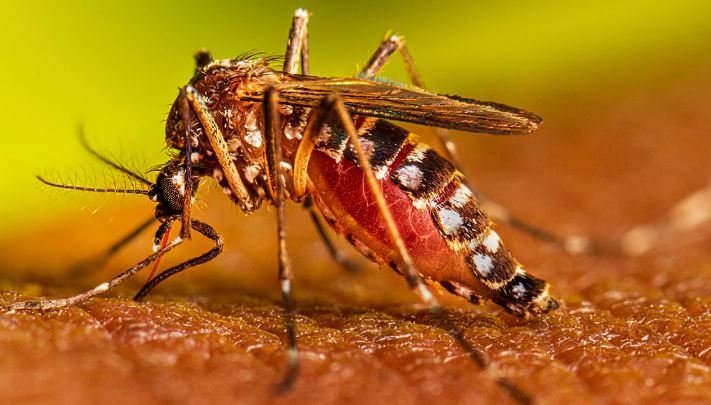The surge in dengue infections this year has highlighted the urgent need for a shift from reactive, short-term measures to a preventive and coordinated approach that addresses both immediate and long-term challenges. Over 1,000 dengue cases have been reported in Jammu & Kashmir, with most centered in urban areas like Jammu district. This alarming scale of the problem exposes the inadequacy of piecemeal responses and the pressing need for institutional reforms, enhanced public awareness, and integrated urban planning.
Dengue is a vector-borne disease transmitted by the Aedes mosquito, which thrives in stagnant water. Conditions like poor waste management, inadequate drainage systems, and water accumulation in urban settings often exacerbate mosquito breeding. In growing cities like Jammu, where infrastructure to manage waste and water is insufficient, the risk of dengue transmission increases significantly. This makes urban planning and environmental management critical components in controlling the spread of the disease. However, a major disconnect exists between urban development projects and public health priorities, as shown by the region’s ineffective response to dengue outbreaks. The ambitious Smart City projects in Jammu & Kashmir, aimed at modernizing urban infrastructure, have unintentionally contributed to the spread of dengue. These projects often leave open excavation sites for extended periods, creating ideal breeding grounds for mosquitoes. A failure to promptly close these sites or hold contractors accountable highlights the lack of oversight and accountability in urban development. It also emphasizes the need for public health considerations to be integrated into urban planning from the outset. Urban planners and municipal authorities must work closely with public health officials to ensure that development projects do not inadvertently trigger public health crises. Along with improved urban planning, public health initiatives must extend beyond reactive measures. Although the Health Department and Jammu Municipal Corporation (JMC) have increased fogging and spraying efforts in response to the current outbreak, these actions are often delayed and insufficient. Fogging, which aims to kill adult mosquitoes, should be proactive rather than reactive. Waiting for an outbreak before initiating preventive measures is not only negligent but also ineffective in the long term. Each year, the same pattern repeats, with authorities rushing to contain outbreaks after they have already spread. This reactive approach burdens healthcare services and puts the public at risk. A more effective strategy would involve year-round mosquito control efforts, focusing on eliminating breeding sites before the peak transmission season. This requires institutional reforms to prioritize prevention over emergency responses. Public health authorities need to collaborate with local governments, environmental agencies, and community organizations to monitor and address mosquito breeding sites, particularly in outbreak-prone areas. Public awareness and education are crucial for any effective dengue control strategy. Institutional responses such as fogging and spraying must be supported by widespread public participation. Since dengue mosquitoes breed in stagnant water, many breeding sites are located within households or private properties. The healthcare system in Jammu & Kashmir has been under strain during outbreaks, with diagnostic and treatment services stretched to their limits. Over 11,000 dengue tests have been conducted, with more than 1,000 cases confirmed this year. While testing capacity is crucial for early detection and containment, rural areas remain particularly vulnerable due to limited access to healthcare services. Although the majority of cases are currently concentrated in urban areas, rural regions should not be overlooked. If dengue spreads to these areas, the consequences could be devastating, given the already limited healthcare infrastructure.
Ultimately, the fight against dengue requires both top-down institutional reforms and bottom-up public participation. This collaboration is essential not only for the immediate response to the current outbreak but also for long-term prevention. While the current focus is rightly on containing the ongoing outbreak, it is equally important to look ahead and implement reforms that will prevent future outbreaks. By taking decisive action now, Jammu & Kashmir can protect its population from future dengue outbreaks and other preventable public health crises.




